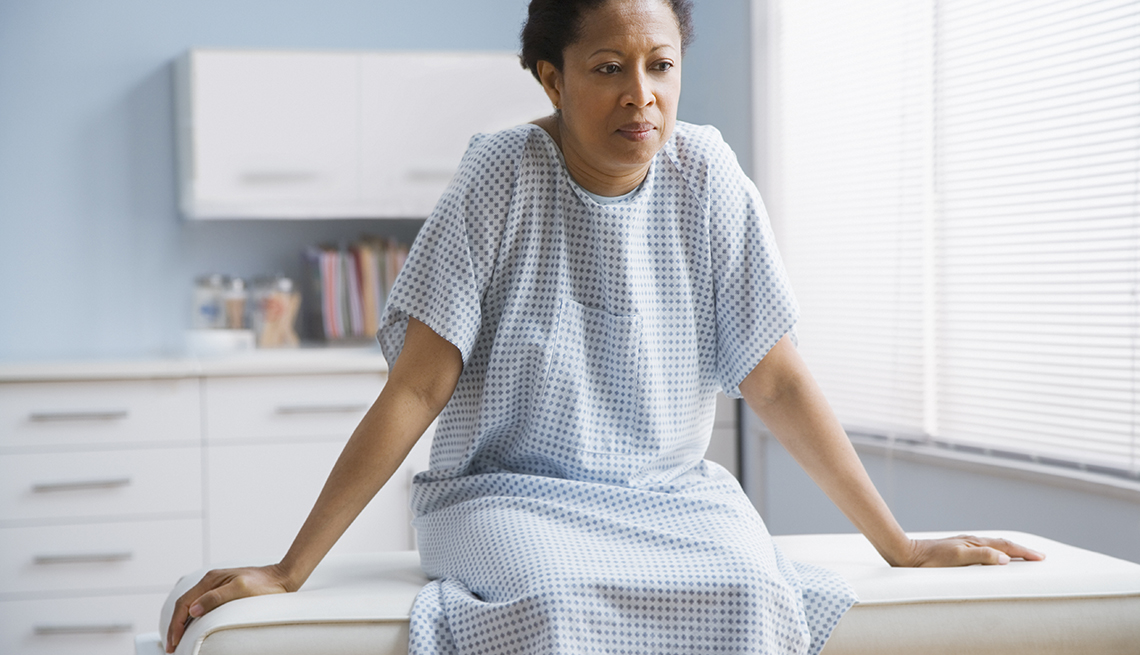Staying Fit
New cervical cancer screening guidelines announced this week by the influential U.S. Preventive Services Task Force give women over 30 more choice when it comes to getting their regular Pap smear (or not getting it.)
While guidelines from the task force, the body that insurers tend to follow when deciding which procedures they are likely to cover, don’t rule out continuing to get a Pap smear if you’re between 30 and 65, it’s now one of three options. The shift, experts say, may herald a phasing out of the test that’s brought down cervical cancer mortality rates by 80 percent since its introduction in the 1950s.


AARP Membership— $12 for your first year when you sign up for Automatic Renewal
Get instant access to members-only products and hundreds of discounts, a free second membership, and a subscription to AARP the Magazine.
Now, if you’re between 30 and 65, you could opt either for a Pap smear every three years or to just get an HPV test — still taken by swab, but a different type of test — every five years. It detects the presence of the human papillomavirus, which causes 99 percent of cervical cancer cases; the Pap smear detects the presence of abnormal cells that can indicate cervical cancer or the danger of developing it. Or you can ask for a hybrid test. (Women between 21 and 29 should have a Pap smear every three years. That isn't changing.)
































































